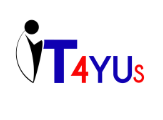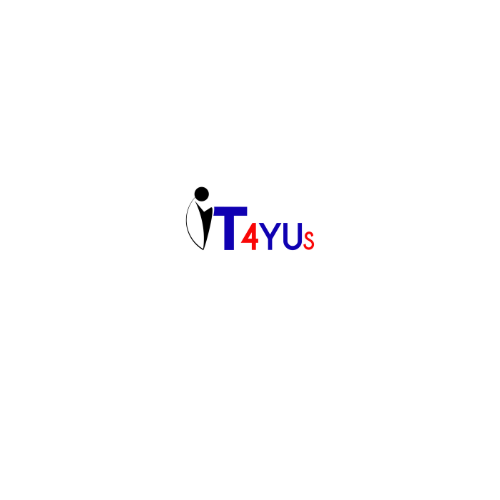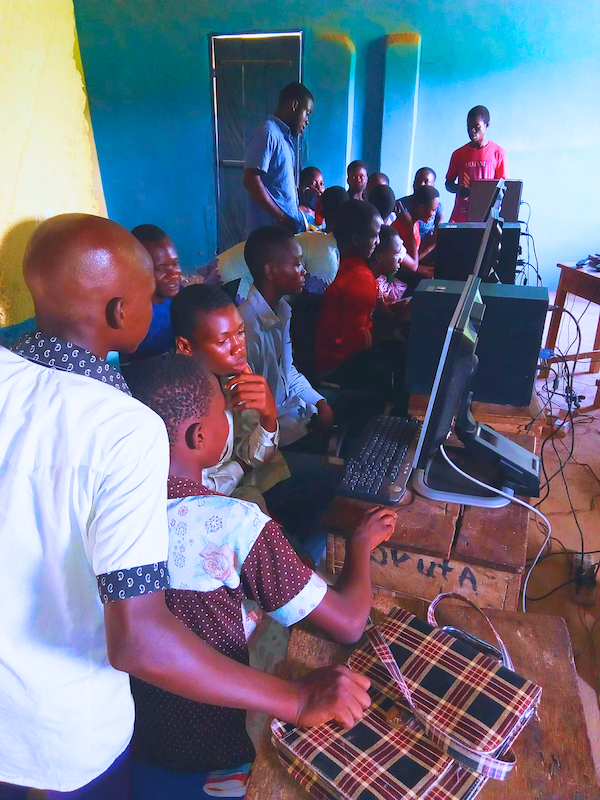People today suffer information overload. Technological progress inevitably creates addicted dependence on technology. Many choices being made now will be costly or difficult to modify in the future, attention must be paid to their social and economic impacts.
For a few decades now, there has been a revolution in computing and communication, and all indications point to the fact that technological progress and the use of information technology will continue at a rapid pace. Accompanying and supporting the dramatic increased in the power and use of new information technologies has been the declining cost of communication, as a result of both technological improvements and increased competition. Innovations in information technology are having wide-ranging effects across numerous domains of the society, and policy makers are acting in line, to tap from the never-ending benefits. That said, choices made now will have long-lasting consequences, and attention must be paid to their social and economic impacts.
One of the numerous ways in which information technology is affecting our lives positively is by making for super efficiency. As a case in point, in many industries, the geographic distribution of work is changing significantly. Firms have found that they can overcome the tight local market and break transactional frontiers by sending projects to across oceans where production cost is much lower. They have greater freedom to locate their economic activities, creating greater competition among regional operators in terms of infrastructure, labour, capital, among others. With these also comes an open door for regulatory arbitrage.
Computer and communication technologies also promote more market-like forms of production and distribution. An infrastructure of computing and communication technology, providing 24-hour access at low-cost to almost any kind of customer – with matching products information desired by buyers, has eventually reduced the informational and related barriers to efficient market operation. This technological mechanism also provides a formidable means for effecting real-time transactions and making intermediaries such as sales clerks, stock brokers and travel agent, whose function is to provide an essential information link between buyers and sellers redundant. Removal of intermediaries gainfully reduces the outrageous cost in production and distribution value chain. In extension, IT has facilitated the evolution of enhanced mail order retailing, in which goods can be ordered quickly by using telephones or computer networks and then dispatched by suppliers through integrated transport companies that rely extensively on computers and communication technologies. The result is – disintermediation – throughout the distribution channel, with cost reduction, lower end-consumer prices, and higher profit margins.
Information technology, has eventually reduced the informational and related barriers to efficient market operation.
With the internet, e-commerce is rapidly expanding into a fast market. The door of global market has been flung open with an ever-increasing number of participants. The open and global nature of e-commerce has incontrovertibly increased market size and change market structure, both in terms of the number and size of players and the way in which players compete on international platforms. Digitized products can cross the border in real-time, consumers can shop 24-hours a day, and seven days a week and firms are increasingly faced with new, healthy challenges.
Also, communication technologies allow individuals to communicate with one another in ways complementary to traditional face-to-face, telephonic and written modes. They enable collaborative works involving distributed communities of actors who seldom, if ever, meet physically. These technologies utilize communication infrastructure that are both global and always up, thus enabling round the clock activities, and asynchronous as well as synchronous interactions among individuals, groups and organizations. Social interactions in organizations have been positively affected by the use of computers and communication technologies. Peer-to-peer relationship across lines has been enhanced through sharing of information and co-ordination of activities. Interaction between superiors and subordinates has become more cordial, and there has been a corresponding progress.
Peer-to-peer relationship across lines has been enhanced through sharing of information and co-ordination of activities.
Advance in information technology has impacted, and will affect the craft of teaching, by complementing rather than eliminating traditional classroom instruction. Indeed the effective instructor acts so in a mixture of roles. In one role the instructor is a supplier of services to the students, who might be regarded as its customers. But the effective instructor occupies another role as well, as a supervisor of students, and plays a role in motivating, encouraging, evaluating, and developing students. For any topic, there will always be a small percentage of students with the necessary background, motivation, and self-discipline to learn from self-paced smart devices or computer assisted instructions. Therefore, the greatest potential for the new information technology lies in improving the productivity of time spent outside the classroom. Making solutions to problem sets and assigned reading materials available on the internet offers a lot of convenience. E-mail vastly simplifies communication between students and teachers, and among students who may be engaged in group projects. Although distance learning has existed for some time, the internet makes possible for a large expansion in coverage and better delivery of instruction. Distance learning apparently becomes nominal. Text can be combined with audio and video, and students can interact in real-time via e-mail and discussion groups. Such technical improvements coincide with a general demand for retraining and up-skilling by those who, due to work and family demands, cannot attend traditional courses. Learning via the internet is likely to complement existing schools for children and university students, but it could have more of a substitution effect for continued teaching and learning.
However, it is popular wisdom that people today suffer information overload. A lot of the information available on the internet is incomplete and even incorrect. People spend more and more of their time absorbing irrelevant information, just because it is available and they think they should know about it. Technological progress inevitably creates dependence on technology. Arguably, the world is now placed its burdens of transport, telephonic relations, among others, on information technology. Dependence on technology comes with high risks. Failures technological infrastructure can cause the collapse of economic and social functionality. Black-outs of long-distance telephone services, credit data systems, and electronic funds transfer systems, and other such vital communications and information processing services could undoubtedly cause widespread economic disruption.
People today suffer information overload.
The ongoing computing and communications revolution has numerous economic and social impacts on modern society, but requires serious caution in order to manage its risks and dangers. Such work would be valuable for both social policy and technology design. Decisions have to be taken carefully. Many choices being made now will be costly or difficult to modify in the future. But above all, IT is simply wonderful! There is no better qualification at present.

Written by ~ Nweze John Uchenna
IT4YUS Scholar 2018




